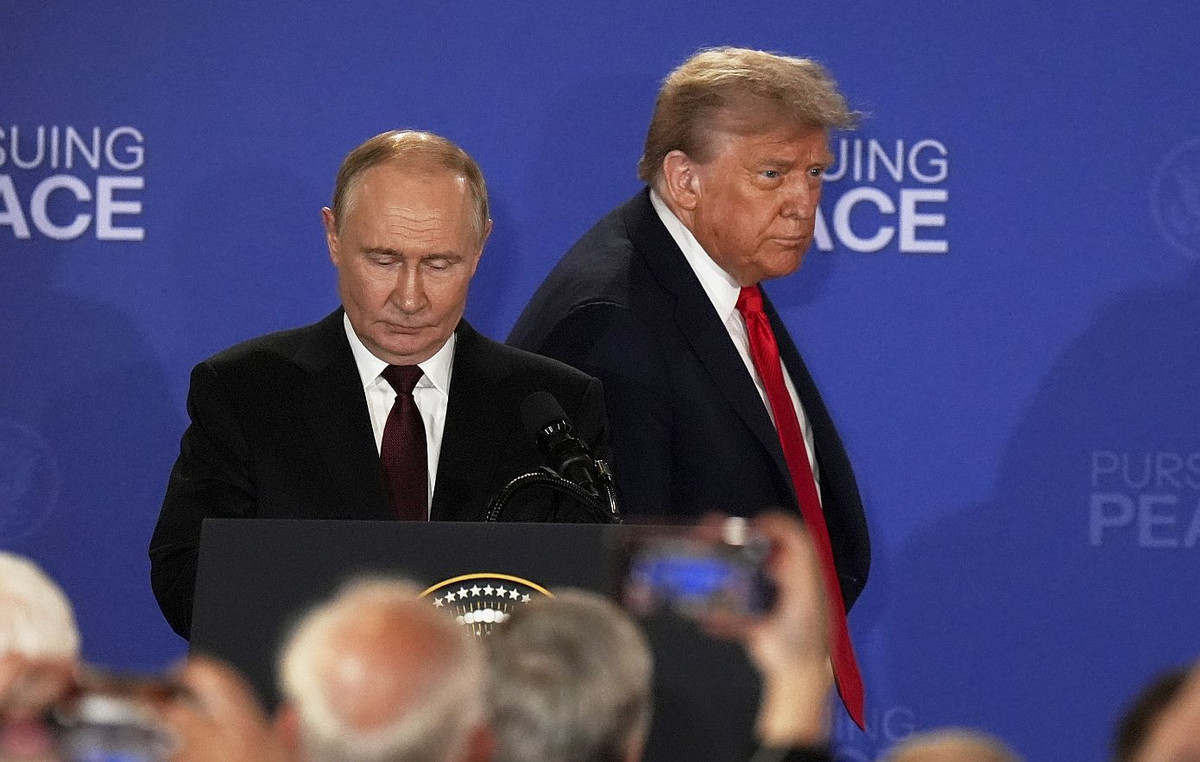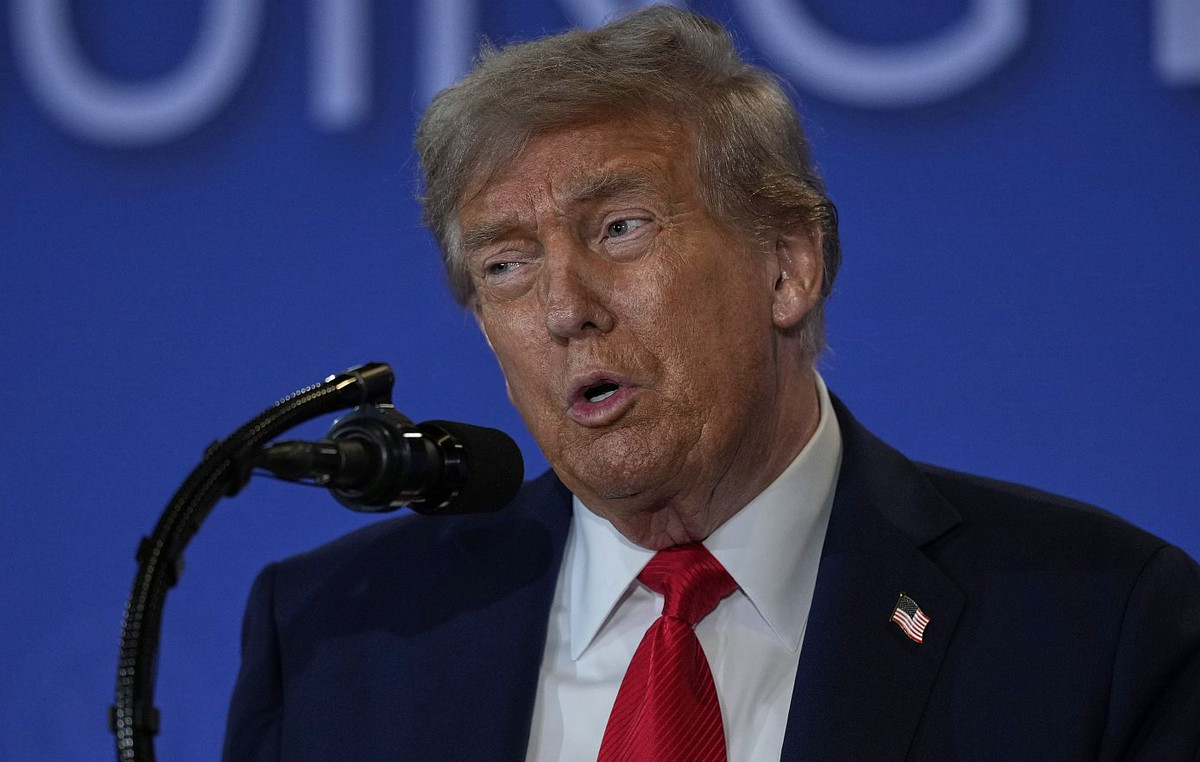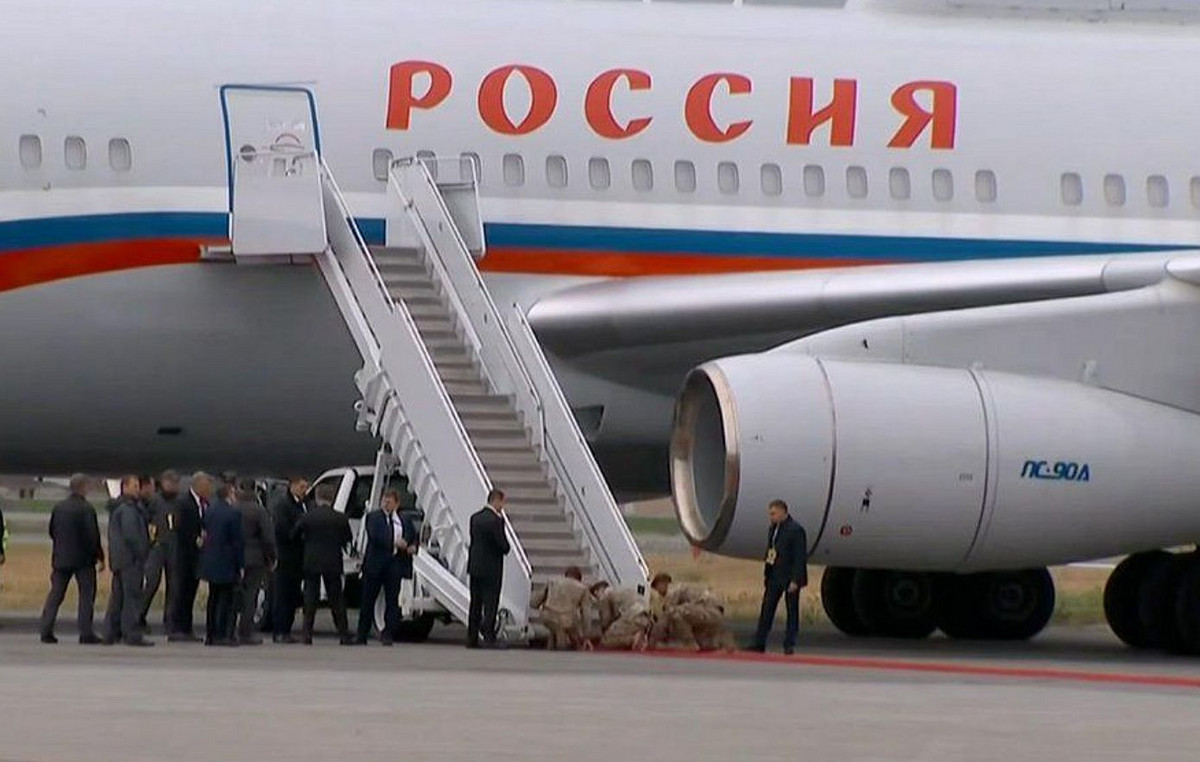On the first international trip of his third term, President Luiz Inácio Lula da Silva (PT) met Argentine President Alberto Fernández in Buenos Aires, where discussions on a possible common currency between the two largest economies in South America were resumed. .
Earlier this month, the topic was also debated between the Minister of Finance of Brazil, Fernando Haddad, and the Argentine ambassador in the country, Daniel Scioli. At the time, Scioli said that the objective is to strengthen the trade bloc and expand ties between countries in the region. For him, the idea is not to create a single currency like the euro — the official currency of the member countries of the European Union — but one for the bloc.
The instrument — which, in theory, could boost Latin American regional trade and reduce dependence on the United States dollar — gained prominence again after the two presidents signed a joint article in defense of a common currency nicknamed “sur” (south, in Spanish). This Monday (23), Lula confirmed his intention during a speech in the neighboring country, alongside Fernández.
“What we are trying to work on now is that our finance ministers, each with their own economic team, can make us a proposal for foreign trade and transactions between the two countries, which will be done in a common currency to be built with much debate. , many meetings. This is what will happen,” said the president.
For experts consulted by CNN however, the debate is broad and “unrealistic in the short and medium term”.
“It is true that a monetary union between the two countries could bring benefits, such as increased trade and investment between them and greater macroeconomic stability,” says Andres Pardo, chief economist for Latin America at XP Investimentos.
“However, there is a long list of conditions that need to be met before adopting a single currency, and these conditions are far from being met. The initiative is not new and has been mentioned a few times in the past without any real development. It is not realistic in the short or medium term.”
The so-called “conditions” come up against, for example, the starting point of each of the two countries from a macroeconomic point of view, such as inflation levels, interest rates, public debt and international reserves. To give you an idea, Argentina recorded 94.8% inflation in 2022; Brazil, 5.79%.
“To adopt a common currency, it is important that the countries meet some basic conditions, such as some significant degree of economic, commercial, financial, banking, fiscal integration, among others. However, very few conditions are being met, if any. The similarities in policies and economic structures are very important and, in this respect, those of Argentina are very different from those of Brazil. The political difficulties that prevail in each country are also a factor against such an initiative”, says Pardo.
With the disparity of economic conjunctures, the attractions of a common currency are clearer for the South American neighbors, whose inflation approaching 100% helped to devalue the peso against the dollar. In the most recent official quotation, US$ 1 is equivalent to 184 Argentine pesos. The concern is on the Brazilian burden, with the idea of tying Latin America’s largest economy to volatile Argentina.
“What is the advantage for Brazil? With what money and in what currency will Argentina pay?”, says Marcos Lisboa, president of Insper.
Along the same lines, Senior Economist at Bloomberg Economics, Adriana Dupita, analyzes that the adoption of the common currency requires financial stability.
“Movements in this direction can only be made when countries have a minimum of financial stability for their currencies to be accepted. And, if these currencies are not accepted internationally, as is the case with the real and the peso, a currency that combines the two will not be accepted either”, she declared.
“On the positive side, the fact that Brazil is trying to regain leadership in Latin America can help to give more impetus to the agreement between Mercosur and the European Union”, adds Dupita.
According to analysts told the anchor of the CNN Money , Thais Heredia, nobody wants to create a Latin euro. It is a long-term project, the seed of an instrument that can strengthen and increase trade efficiency between the two countries. For now, “putting the cart before the horse” is not seen as viable.
“South American unit of account”
Earlier, the Minister of Finance, Fernando Haddad, had commented on the possibility of a mechanism to facilitate commercial transactions with Argentina to limit dependence on the dollar.
According to a survey by the economic analyst at CNN Raquel Landim, the two countries formed a working group to assess the feasibility of a “South American unit of account”. The mechanism, which had been called common currency, was renamed to avoid confusion.
The idea would be to make it possible to finance Brazilian exports to Argentina through public and private banks. In exchange, Brazil would guarantee the receivables from export contracts, for example, natural gas.
The proposal, in Marcos Lisboa’s analysis, is not the best from the point of view of Brazilian foreign policy.
“Argentina has a serious problem with inflation and exchange restrictions, and investors have immense difficulty in receiving the money that is owed to them. There is no way to solve this, it is an Argentine problem”, says Lisboa.
“And, unfortunately, Brazil is again not choosing to make agreements with countries that can benefit us, such as Europe, [membros da] OECD, United States and East Asia, which, by the way, is very complementary to the Brazilian economy.”
The “South American unit of account” divides opinions. For José Augusto de Castro, president of the Brazilian Association of Exporters (AEB), for example, the measure is positive for Brazil.
“The expectation is positive, because Argentines don’t buy anymore because they don’t have foreign currency. For many years the country was the main market for Brazilian manufactured products. Today we are in second place, we lost to China. Resuming this position will be good for the national industry”, the president of AEB told CNN.
Source: CNN Brasil
I am an experienced journalist, writer, and editor with a passion for finance and business news. I have been working in the journalism field for over 6 years, covering a variety of topics from finance to technology. As an author at World Stock Market, I specialize in finance business-related topics.







